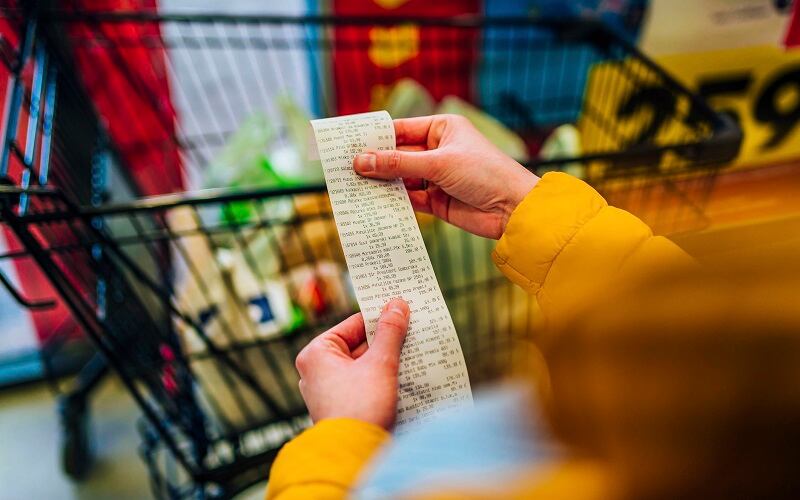In a recent survey, market research company YouGov interviewed over 1,100 US adults about their concerns on shrinkflation and the most impacted product categories. YouGov found 41% of surveyed consumers are very concerned, 32% are fairly concerned, 13% were not very concerned, and 3% said they were not at all concerned.
Consumers also shared where they see shrinkflation: about half said they noticed it in chips, confections, and nuts, and 46% in dry goods like cereal, flour, sugar, pasta, and rice. On the lower end, 21% of consumers noted shrinkflation in fresh produce, 23% in instant/ready-to-cook soups and instant noodles, and 25% in baked goods.
Private label rises as consumers look for value
In response to shrinkflation, 46% of consumers said they would likely purchase generic products over name-brand items, and 45% said they would switch to a different brand. Additionally, 48% of US consumers older than 55 are more likely to stop purchasing some products, compared to 27% of those between 18 and 34 years.
The move to private label also is documented in a 2023 US food and beverage trends report from Attest that found 73% of US consumers have “no intention of reverting to more household (and expensive) names,” and consumers are bargain-hunting.
“This poses a significant challenge to well-known brands that can’t compete on price and who may end up the losers here as these shifts in shopping habits may be permanent for several important sub-segments,” said Attest founder and CEO Jeremy King.
While CPG brands will face challenges among private label products, they might not be able to raise prices again this year, according to Vishal Garg, partner at Strategy& (a member of the PwC Network). Though CPG brands like Coca-Cola, PepsiCo, Nestle, and others raised prices in 2022 to grow their business, “passing on the same price increase to consumers in 2023 will be detrimental,” Garg said.
Instead, Garg suggested CPG brands focus on net revenue management, which might require cutting back on marketing and prioritizing investment dollars.


